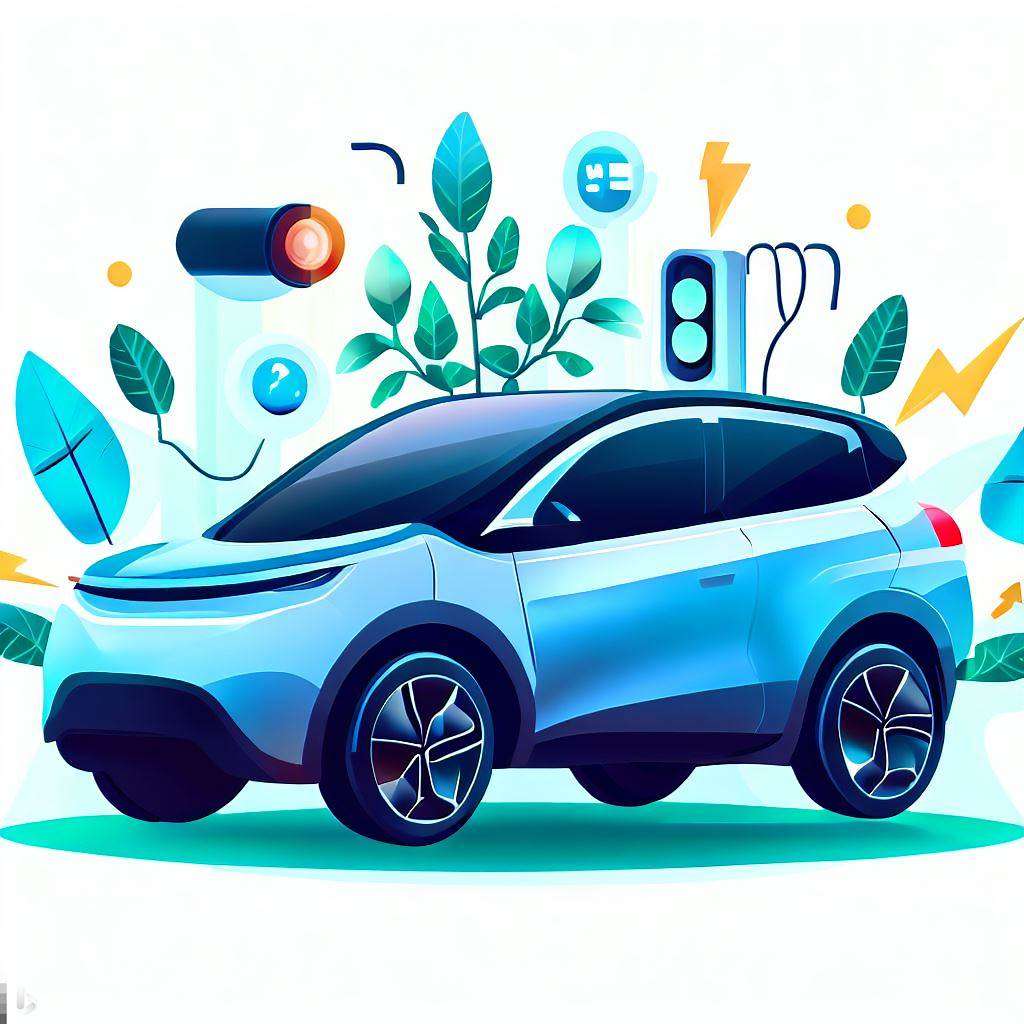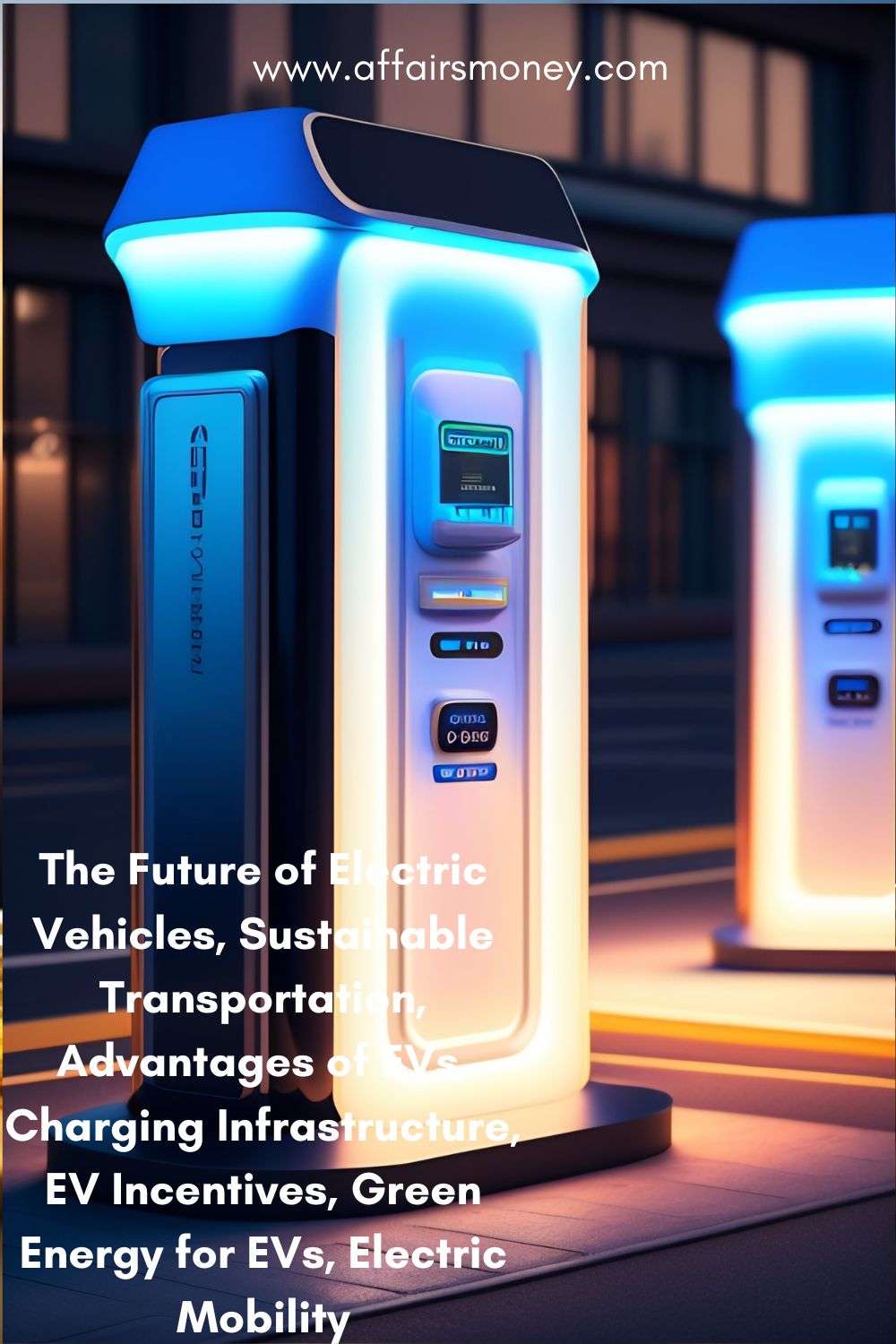Introduction
In recent years, the automotive industry has witnessed a remarkable transformation with the rise of Electric Vehicles (EVs). These eco-friendly automobiles are breaking barriers and accelerating towards a greener tomorrow. With advancements in technology and growing environmental concerns, EVs have emerged as a promising solution to combat climate change and reduce carbon emissions. In this article, we will explore the various aspects of electric vehicles, their advantages, challenges, and the impact they are making on the path to a sustainable future.
The Rise of Electric Vehicles
A Game-Changing Revolution
Electric Vehicles, or EVs, represent a game-changing revolution in the transportation sector. Unlike traditional internal combustion engine vehicles that run on fossil fuels, EVs are powered by electric motors and rely on rechargeable batteries. These vehicles have gained immense popularity due to their environmental benefits, cost-effectiveness, and efficiency. As more and more people become aware of the environmental consequences of fossil fuel-based transportation, the demand for electric vehicles continues to soar.

Advantages of Electric Vehicles
Driving Towards a Cleaner Environment
- Zero Emissions: One of the most significant advantages of EVs is their zero tailpipe emissions. As they run on electricity, they produce no harmful pollutants, such as carbon dioxide, nitrogen oxides, or particulate matter, contributing to cleaner air and combating air pollution.
- Reduced Carbon Footprint: Electric vehicles have a lower overall carbon footprint compared to conventional vehicles. The transition to renewable energy sources for charging EVs further enhances their eco-friendly nature, as they effectively become emission-free from well to wheel.
- Lower Operating Costs: While the initial purchase price of an EV may be higher than traditional vehicles, their operating costs are significantly lower. Electricity is generally cheaper than gasoline or diesel, resulting in savings on fuel expenses.
- Quieter and Smoother Ride: EVs operate quietly due to the absence of a traditional internal combustion engine, providing a smoother and more serene driving experience.
Overcoming Challenges
Paving the Way for Widespread Adoption
While electric vehicles hold tremendous promise for a greener future, several challenges need to be addressed for their widespread adoption:
- Limited Range and Charging Infrastructure: The limited driving range of some EV models and the availability of charging infrastructure in certain regions remain major concerns. However, advancements in battery technology and a growing network of charging stations are rapidly alleviating these issues.
- Long Charging Times: Charging an EV can take longer than filling up a tank with gasoline. Fast-charging technology is continuously evolving, but further improvements are necessary to match the convenience of refueling traditional vehicles.
- Higher Initial Cost: Although the cost of electric vehicles is gradually decreasing, the initial investment can still be higher than conventional cars. However, government incentives and subsidies are being implemented to make EVs more affordable and accessible to the masses.
Driving Innovation in the Automotive Industry
Catalyzing Technological Advancements
The surge in electric vehicles has not only spurred advancements in battery technology but has also led to a surge in research and development in the automotive industry. Automakers are now investing heavily in creating cutting-edge EV models that offer increased range, faster charging times, and improved performance.
Additionally, electric vehicles have paved the way for autonomous driving technologies and connected vehicles. These innovations aim to enhance road safety and efficiency while reducing traffic congestion and energy consumption.

The Environmental Impact
A Significant Step Towards Sustainability
The adoption of electric vehicles has a profound impact on the environment. By transitioning from fossil fuel-powered transportation to electric mobility, we can significantly reduce greenhouse gas emissions, combat climate change, and protect the planet for future generations. As more countries and cities prioritize sustainability, they are encouraging the use of electric vehicles through incentives and infrastructure development.
Future Outlook
Accelerating Towards a Greener Tomorrow
The future of electric vehicles is promising, with an increasing number of countries setting ambitious targets to phase out internal combustion engine vehicles and promote the adoption of EVs. As technology continues to advance, electric vehicles will become more affordable, efficient, and accessible to all.
Governments, businesses, and individuals must collaborate to overcome the challenges associated with electric vehicles, such as charging infrastructure and cost, to accelerate the transition towards a greener tomorrow.
Conclusion
Embracing the Electric Revolution
Electric vehicles have proven to be a remarkable breakthrough in the automotive industry, breaking barriers and driving us towards a greener and more sustainable future. Their zero-emission nature, reduced carbon footprint, and potential to revolutionize transportation make them a crucial part of the solution to combat climate change.
While challenges remain, innovation and technological advancements are swiftly addressing these issues. The push towards electric mobility represents a collective effort to safeguard the environment and ensure a cleaner, healthier planet for generations to come.
So let us embrace the electric revolution, support the adoption of electric vehicles, and together, steer towards a brighter and more sustainable future. Let us drive change, one electric vehicle at a time, for a greener tomorrow.
FAQs: Answering Common Questions about Electric Vehicles
- FAQ 1: How long does it take to charge an electric vehicle?
- The charging time for an electric vehicle depends on various factors, including the battery capacity and the type of charging station used. On average, it can take anywhere from 30 minutes to 12 hours to charge an EV fully.
- FAQ 2: Can electric cars travel long distances without recharging?
- With advancements in battery technology and the availability of fast-charging stations, modern EVs can travel long distances without the need for frequent recharging. Some models have a range of over 300 miles on a single charge.
- FAQ 3: How much do electric vehicles cost, and are there tax incentives?
- The cost of electric vehicles varies depending on the model and features. While EVs may have a higher upfront cost compared to conventional vehicles, government incentives, tax credits, and reduced operational costs make them more affordable in the long run.
- FAQ 4: Are electric vehicles truly more environmentally friendly?
- Yes, electric vehicles are more environmentally friendly compared to traditional gasoline-powered vehicles. EVs produce zero tailpipe emissions, reducing greenhouse gas emissions responsible for climate change and air pollutants that contribute to poor air quality.
- FAQ 5: What is the maintenance cost of owning an electric vehicle?
- Electric vehicles generally have lower maintenance costs compared to gasoline-powered vehicles. EVs have fewer moving parts, eliminating the need for oil changes and reducing

